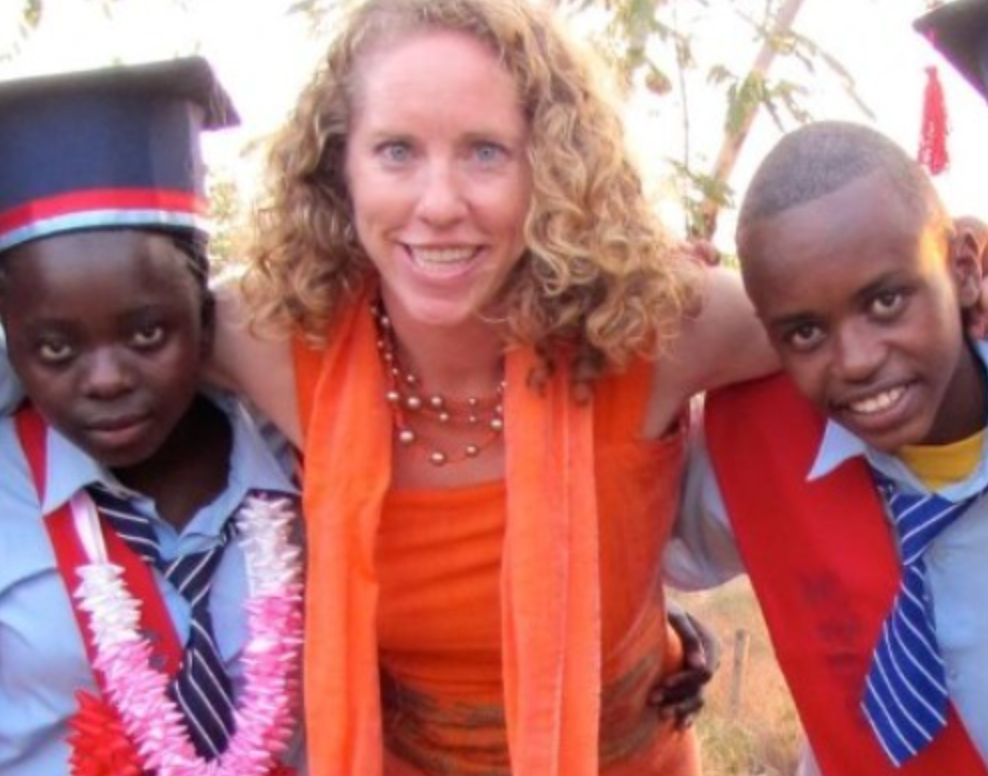Training & Consultation for Agencies and Schools
We tailor trainings to our clients; however, below is a sampling of trainings we have provided several times.
Staying Connected in Conflict: How to Make Healing Happen Through Relationships
(3-12 hours)
Brains are designed to thrive from interaction with others, and big growth happens through conflict. Holding a reflective stance with children when in conflict protects you from power struggles and turns you into a healing presence- even in the most charged of circumstances.
In addition to learning about and practicing this tool, we will look at how it...
-
Promotes equity (racial and otherwise) between you and the children you work with;
-
Helps children heal from post-traumatic and developmental stress;
-
Builds children's capacities to regulate and reflect;
-
Empowers children to resolve their own conflicts in equitable ways.
Healing Tools for Hard Behaviors
(3 to 10 hours)
A trauma-informed training in which you will learn how to use your relationship with children to improve behavior by reducing stress
You will learn how to grow children's social-emotional skills by...
-
Using behaviors to recognize when a child is in a stress response (or soon will be) and how to help
-
Challenging children to do hard things without triggering their trauma
-
Building children's ability to reflect on their behaviors and solve their own problems in harmonious ways
-
Help children with their BIG emotions while dealing with a whole group of children at the same time
-
Have more fun doing all of this!
-
The NeuroRelational Framework is an equitable approach to responding to behaviors and teaching social-emotional skills. It is equitable because it shifts from a compliance lens of behavior, which is subjective and inherently biased, to a safety-challenge-threat lens, which aligns with neurodevelopment.
"I attended the 'Healing Responses to Hard Behaviors' workshop for parents at El Centro de la Raza last May, and it has truly transformed the way my daughter’s father and I parent. We are much better able to provide our 4-year-old an outlet before challenging behaviors start, as well as a better understanding of how to support her and meet her in challenging moments. We’re both incredibly grateful for the insights and guidance we received and use them every day. (I actually pretended my daughter was a pillow this morning, which made my daughter laugh and laugh and just completely changed the trajectory of our day.)" --Katherine Hannula Hill
How Neuroscience is Catching Up with Worldwide Indigenous Wisdom
(1-3 hours)
A training on how we can use our inborn indigenous ways to heal from colonialism
We are all born from indigenous cloth, and neuroscience is showing us how moving away from our old ways has harmed us as individuals and communities. Get in touch with the attitudinal conditions under which we all evolved and rejuvenate them through your relationship with children, who already espouse and model them for us.
-
Understand how distress and disease are products of our colonial-centric lifestyle
-
Learn how to recognize nervous system imbalances
-
Gain nervous system-balancing practices gleaned from worldwide indigenous wisdom and new neuroscience
-
Get indigenous tools for staying connected (and stress-free) in conflict with adults and children.
The Science of Self-Care
(2-3 hours)
A workshop on learning about your particular nervous system's stress-resilience profile.
Self-care is best achieved by the accumulation of the little things; brief moments of awareness and/or small actions that are worth far more than one might imagine.
• Learn what those little things are for your particular nervous system
• Find out what triggers and soothes your nervous system at each of four brain-network levels
•Increase your nervous system's calm and resilience in a stressful job.
In addition to helping you provide yourself with targeted self-care, this session will help you gain self-compassion. We'll help you identify effective tools for taking care of your more challenging emotions.
Transforming Child Consults & Parent Conferences Using the NeuralRelational Framework
(3-8 hours)
A workshop on a trauma-focused, neurodevelopmental, and equitable protocol that replaces typical consult agendas that use a compliance lens of behavior
Create real change for children by turning those ineffective behavior-based meetings on children into ones that are anti-biased, trauma-sensitive, and neurodevelopmental. If you’re someone who consults on children/youth, bring one in mind to this practical workshop. Learn how to
-
Recognize and tactfully respond to bias in the meeting room using reflective practice as your tool.
-
Create a new kind of needs assessment that replaces child/youth “weaknesses” with vulnerabilities.
-
Replace Whac-a-mole and dead-end behavior systems by repairing lower brain networks (like sensory) to stabilize higher brain networks (like executive function).
-
Transform behavior intervention plans by replacing consequences and rewards with neurodevelopmental strategies in ways that promote safety and social-emotional growth.
Anti-Bias Practice Toward Children (and adults) Who Have Experienced Trauma
(3-6 hours)
A workshop on ways to decrease your implicit bias using the NeuroRelational Framework
-
Understand how implicit bias affects children who have experienced trauma.
-
Explore the shift from dictatorship to leadership between adults and children.
-
Practice self-compassion on your anti-bias journey.
-
Learn how to create safe spaces, both for yourself and the children who challenge you.
Request a Training
$1600 per hour for Children in Bloom team presenatation with
Betty Peralta and Amelia Bolyard (recommended for most workshops)
To discuss, fill out the contact form below.
Book a Consultation
$300 per hour for Children in Bloom agency or school visits;
$210 for online consultations
For group consultation, join the Bloom Community's Community of Practice.
CONTACT
Let us know if you'd like to meet to discuss a training:






